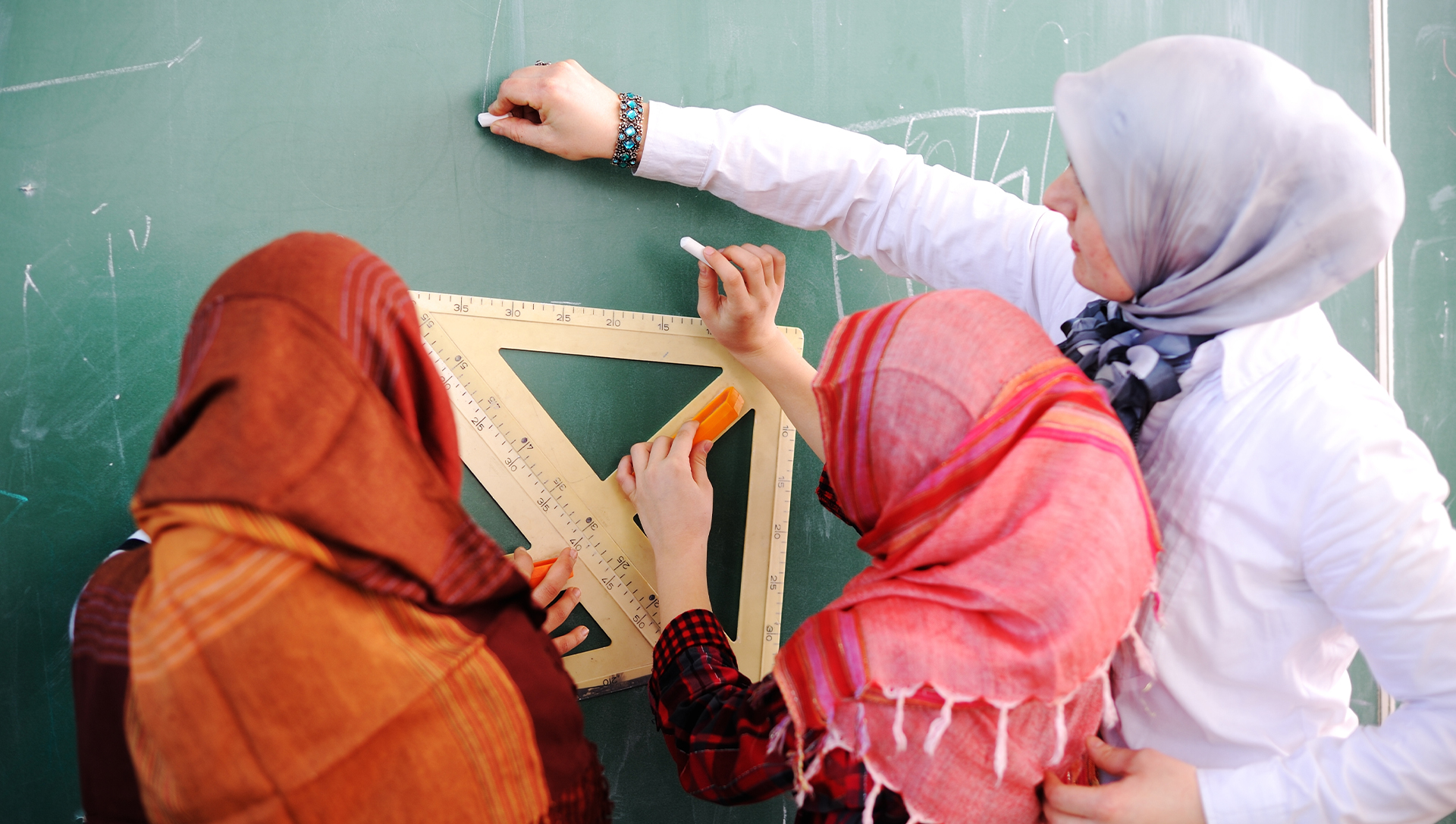One is not born, but rather becomes a woman
– Simone de Beauvoir
Women’s representation is still a highly contested issue in the Indian political system. Across India, gender inequality results in unequal opportunities, and while it adversely impacts the lives of both genders, statistically, it is girls who are the most disadvantaged.
Some Indian women are global leaders and powerful voices in diverse fields but most women and girls in India do not fully enjoy many of their rights due to deeply entrenched patriarchal mindset, norms, traditions and structures.
The Women’s Reservation Bill to reserve 33 per cent seats for women in the Parliament and state legislatures was passed in the Rajya Sabha in 2010, but was never introduced in the Lok Sabha. The NDA-led government is now at the forefront with absolute majority. However, the issue still persists. It is quite unfortunate that the bill is still pending.
India has built strong and vibrant institutions of democracy since Independence. However when it comes to women’s representation, the country, whose female population is larger than the entire population of many countries including some leading global powers, has delivered quite poorly. As per statistics, the 16th Lok Sabha has only 64 women parliamentarians among 542, a mere 11.8 per cent.
In the past decade, while Indian gross domestic product (GDP) has grown by around 6 per cent, there has been a huge decline in female labour force participation from 34 per cent to 27 per cent. The male-female wage gap has been stagnant at 50 per cent (a recent survey finds a 27 per cent gender pay gap in white-collar jobs).
To dismantle the structural barriers and gender-biased binary division, the responsibility falls on authorities as well as womenfolk themselves. Women’s participation in politics is what can minimise the negative perceptions about them. They do wonders when they are allowed to decide for themselves through their own lens. In fact, over the years, womenfolk have left an indelible mark as successful politicians, lawyers, doctors, engineers, civil servants and in the corporate world. Their contribution to enhancing quality of life and other economic parameters of growth in a country is unimaginable; yet, unfortunately, their contribution is not acknowledged widely.
There seems to be resistance against the bill for 33 per cent reservation for women, and lack of political will to constitutionalise it. Many critics point out that such a move will hamper meritocracy while reality is quite the opposite. Yes, one can argue that the quota can be misused as reservation for women in panchayat bodies has been, where male family members act on behalf of their elected women representatives. But this is not a universal phenomenon, as representation of womenfolk in Panchayati Raj Institutions has improved the quality of life and helped promote democracy at the grassroots level.
Having professional women voluntarily competing for political office can overcome the biggest criticism of womenfolk as being male proxies in office. Why reservation bill needs to be top priority is because entering political arena for a woman is not an easy task due to political, socio-economic, cultural, historical and structural constraints. To eradicate gender inequalities, it requires not only the integration of all the voices that have built social knowledge but also to overcome gender stereotypes within the system.
Girls face certain risks and vulnerabilities just because they are girls. The issue becomes even more acute during abnormal times such as disaster and crisis.
India has slipped 28 places to rank 140 among 156 countries in the World Economic Forum’s Global Gender Gap Report 2021, becoming the third-worst performer in South Asia. Global Gender Gap Index is based on four parameters: economic participation and opportunity, educational attainment, health and survival, and political empowerment. Similarly, the 2018 report of the NITI Aayog, which reviewed the performance of states on Sustainable Development Goals, showed all states performed poorly on gender equality.
As harsh realities galore on the ground, it is of critical importance for the society to give the respect and value women deserve by investing in their education, life skills, sport, leadership, and by ensuring access to all the means that empower them.
Govt needs to prioritise its focus on enhancing education, nutrition, health, child health and requisite social support for women. Achieving gender justice is not only a matter of basic rights, it is also key to achieving fairer societies and overcoming poverty; and we all have an equal part to play in it.
Sidney Verba, in his work Fairness, Equality, And Democracy: Three Big Words and Voice and Equality, suggests that political equality and democratic participation are central to the conception of a fair democratic polity. “Since democracy implies not only government responsiveness to citizen interests but equal consideration of the interests of all citizens, democratic participation must also be equal”, he writes.
Legislation for women’s reservation is long overdue and legislative bodies must take proactive initiatives to bring it to reality. It is the first step in the right direction which India is yet to take. To ensure that the delay reflects the wisdom accumulated over the lost decades, the due voice of the marginalized within the margins must be heard. India’s future as a key player in global affairs will be measured in how it can deal with such a challenging task of addressing gender inequality and women representation in democratic process.
(Anika Nazir is Srinagar based social activist who works on de-radicalisation and gender equality )









